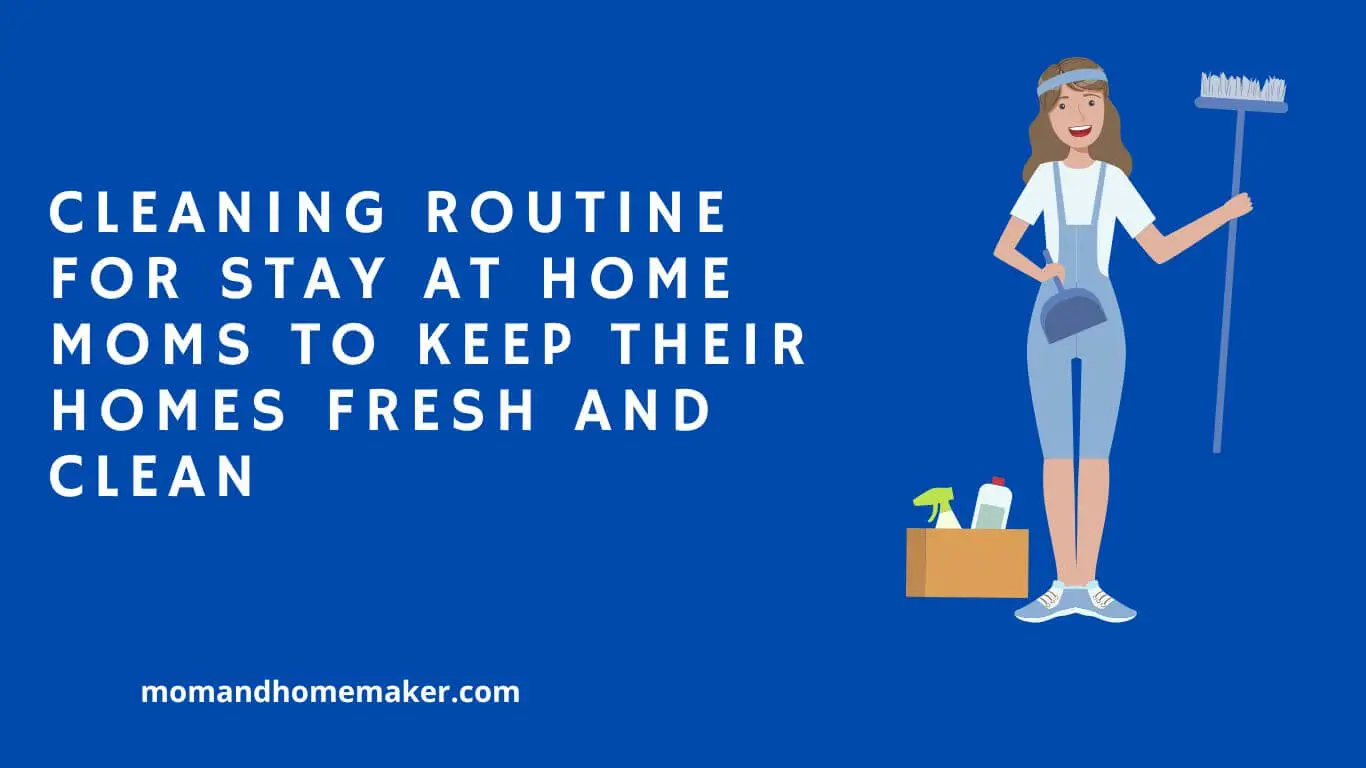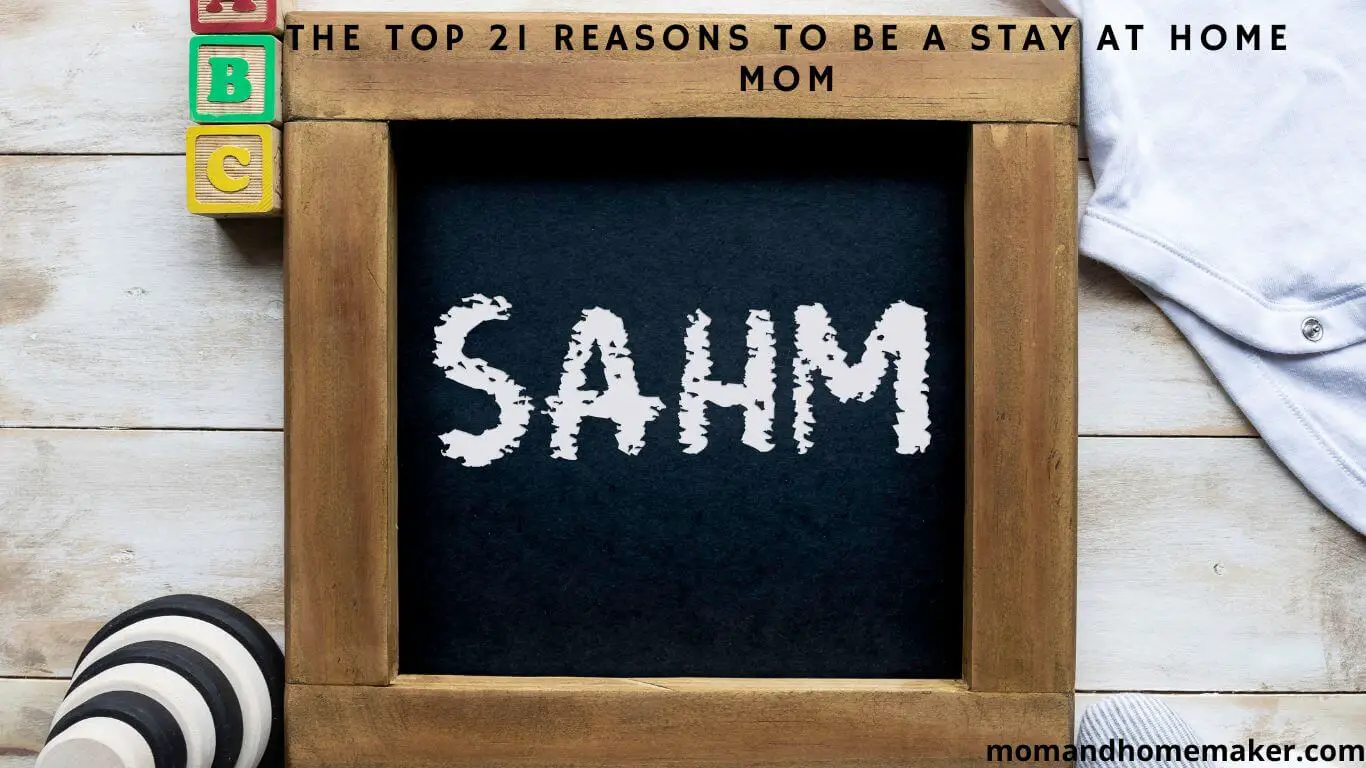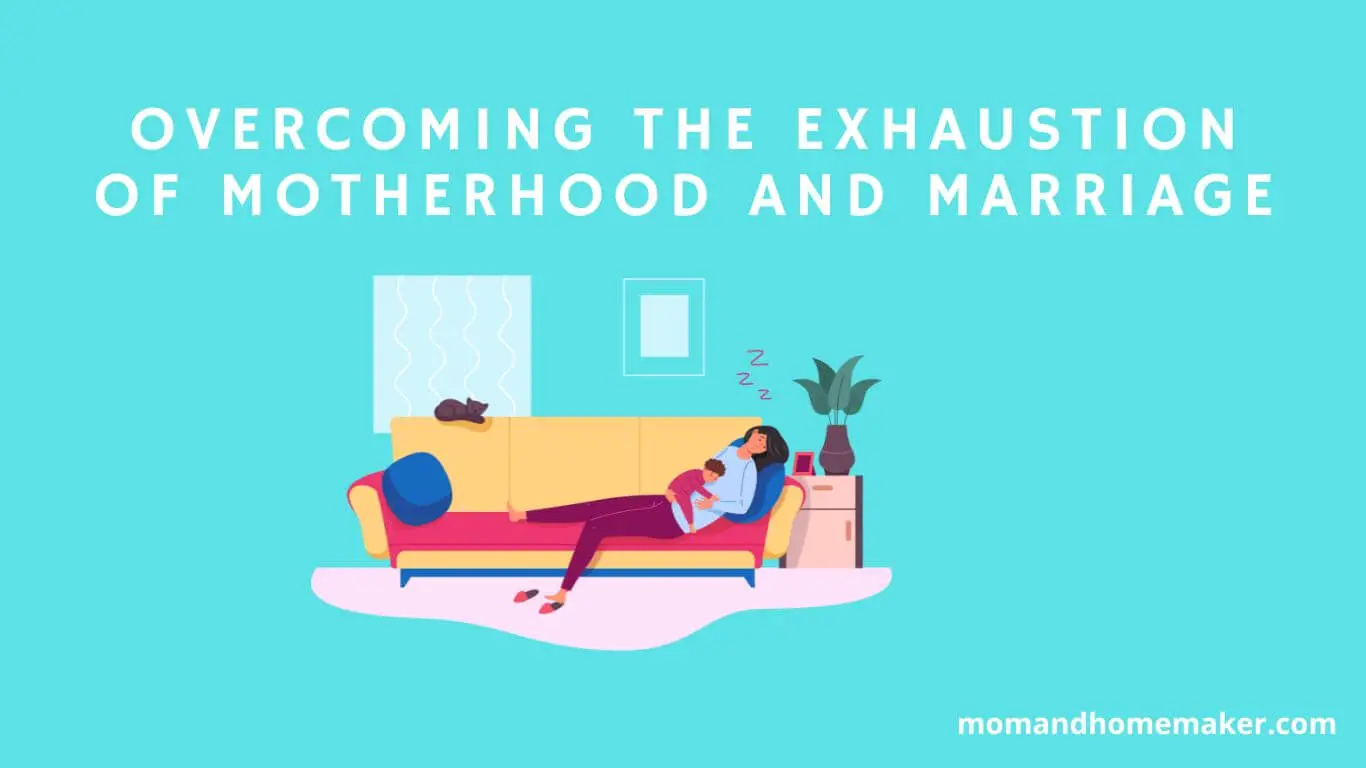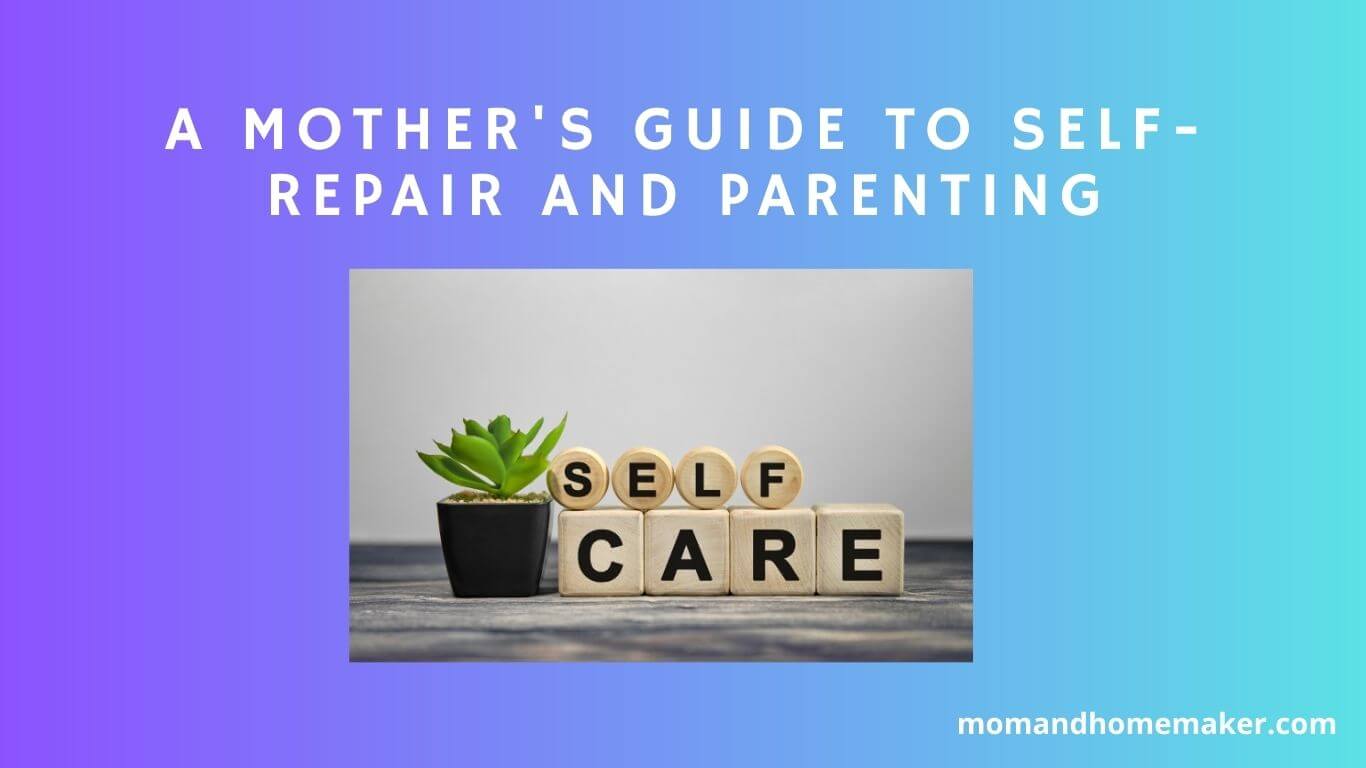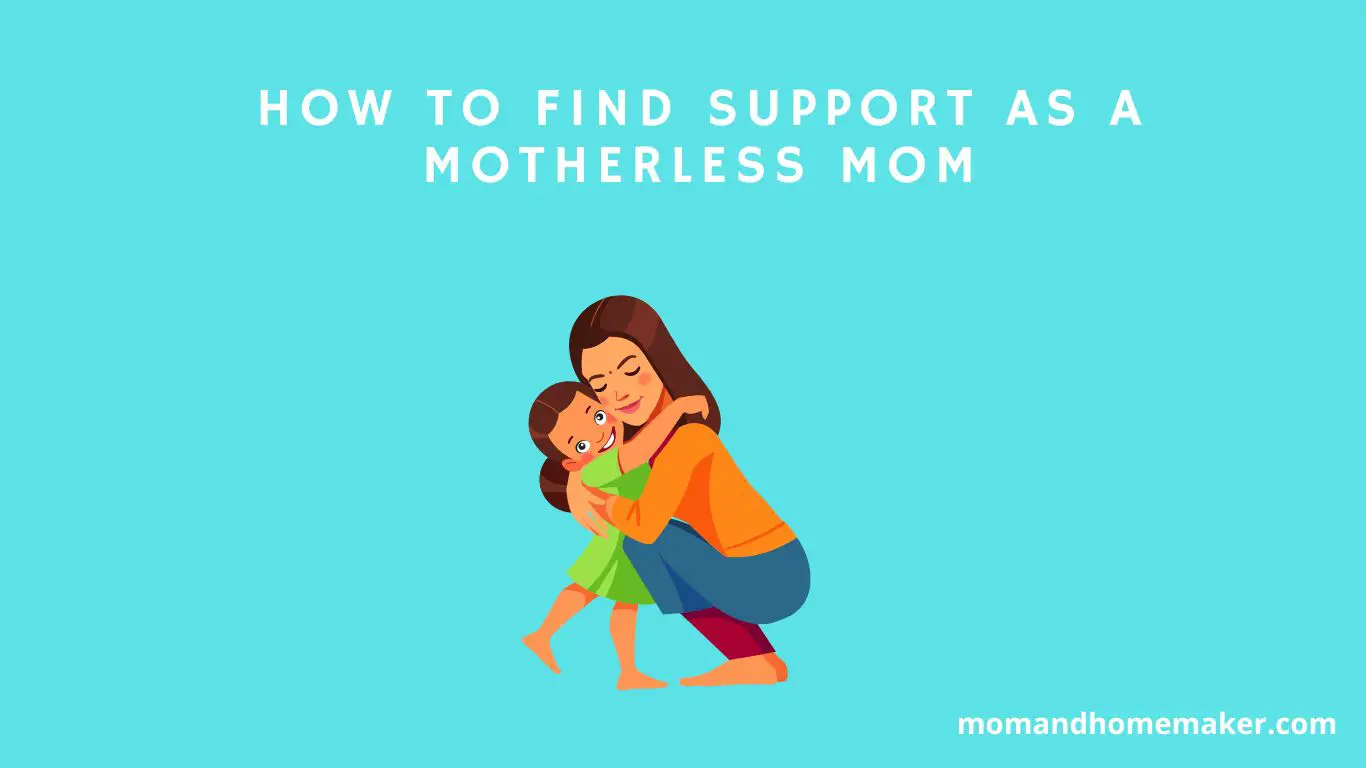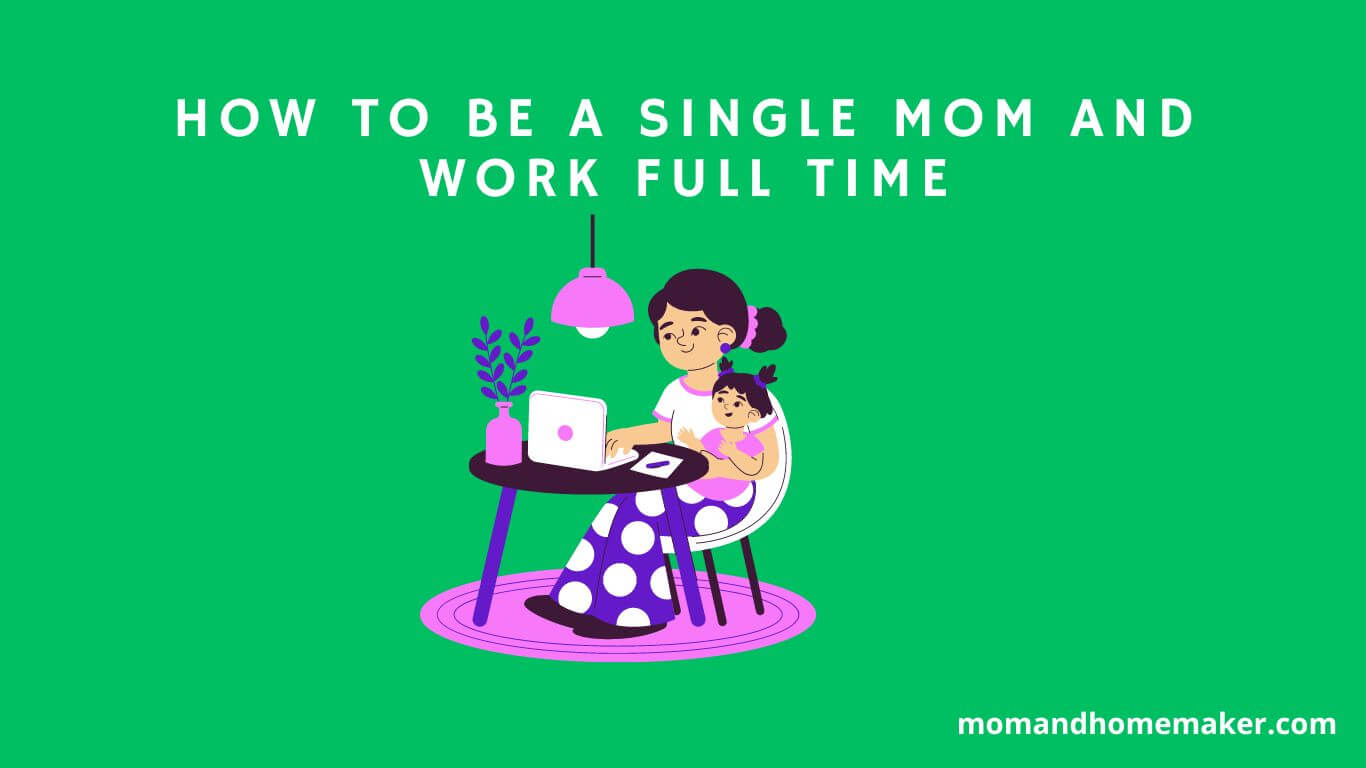A study suggests that stay-at-home moms find more satisfaction in their parenting role than working moms.
However, determining overall happiness is a complex matter influenced by factors like personal fulfillment, societal expectations, and individual circumstances.
It’s crucial to consider these various dimensions before making any conclusions about the well-being of stay-at-home versus working moms.
The Debate on Mom’s Happiness
The debate over whether stay-at-home moms or working moms are happier sparks intense discussions among parents and researchers. Research shows that both groups have unique strengths and challenges in their parenting styles.
Stay-at-home moms prioritize hands-on involvement, fostering a close bond with their children through constant availability. On the other hand, working moms demonstrate the value of balancing career aspirations and family responsibilities, showcasing independence and determination to their children.
Gender roles significantly influence perceptions of mom’s happiness. Traditional views may favor stay-at-home moms as fulfilling their societal duty while working moms are seen as breaking barriers for empowered women.
However, modern perspectives emphasize that happiness is subjective and not limited by societal expectations. Some moms find fulfillment in full-time child nurturing, while others thrive on balancing a professional career with motherhood’s challenges and achievements.
Recognizing and appreciating these diverse perspectives is crucial in understanding the complexity of motherhood. Each mom’s journey is unique, and shaped by personal values, circumstances, and aspirations.
By celebrating the diversity of parenting styles and respecting different choices, we can create a more inclusive and supportive environment for all moms in their pursuit of happiness and fulfillment.
Factors Affecting Mom’s Well-being
When considering factors that impact a mother’s well-being, it’s essential to look at parenting styles and work flexibility. These two aspects can significantly influence a mother’s happiness and satisfaction.
Parenting styles play a crucial role in a mother’s well-being. An authoritative parenting style, which involves setting clear rules while being supportive and responsive, can lead to a more positive emotional well-being for both the mother and her children.
On the other hand, an authoritarian style, which is strict and controlling, may result in increased stress levels. Finding a balance that works for the family is key to a mother’s happiness.
Work flexibility is another important factor. Having the option for flexible hours or remote work can help reduce the stress of balancing work and family responsibilities.
It enables mothers to manage their time better, be there for their children when needed, and fulfill work duties more effectively. Finding a job that offers such flexibility can greatly contribute to a mother’s overall well-being.
Work-Life Balance Challenges
Balancing work and family responsibilities can be challenging for mothers, impacting their overall well-being. In today’s fast-paced world, finding harmony between work and family can feel overwhelming.
The availability of remote work options and flexible schedules has given mothers the chance to blend their work and personal lives more effectively. However, maintaining clear boundaries between work and family time remains crucial.
Remote work and flexible schedules allow moms to be there for their families while pursuing their careers. This integration enables them to attend important family events without neglecting their work duties.
Despite these advantages, difficulties arise when trying to separate work from personal life. The temptation to work after hours or check emails during family time can lead to burnout and less quality time with loved ones.
To protect their personal time and well-being, mothers need to establish clear boundaries. Setting specific work hours, creating a dedicated workspace, and communicating expectations with employers and family members can help maintain a healthy work-life balance.
By prioritizing self-care and setting boundaries, mothers can navigate the challenges of balancing work and family life more effectively.
Social Support Networks
Creating a strong support system with friends and family can greatly help mothers in managing the demands of work and family life. Having a reliable group of people to turn to for advice, encouragement, and a listening ear can make a big difference when things get overwhelming.
Surrounding yourself with individuals who understand the challenges of balancing motherhood and work can provide a sense of comfort and solidarity.
Community connections are essential for a mother’s well-being. Connecting with other moms facing similar situations can help reduce feelings of isolation and create a sense of belonging.
Joining local parenting groups, participating in online forums, or attending mom meetups can offer opportunities to share experiences, seek guidance, and build meaningful relationships.
These connections can also lead to valuable tips and resources that make it easier to handle the responsibilities of work and family.
Financial Stress Impact
Experiencing financial stress as a mother balancing work and family responsibilities can significantly impact your overall well-being and ability to manage daily tasks. Financial stability plays a vital role in your mental health and overall happiness.
When dealing with financial stress, can lead to feelings of anxiety, overwhelm, and a sense of not being able to provide for your family as you’d like. This pressure can affect various aspects of your life, including job satisfaction and family relationships.
The burden of financial instability can weigh heavily on you, affecting your job satisfaction. It may result in increased stress at work, decreased productivity, and challenges in finding fulfillment in your professional role.
This can create a cycle where work-related stress adds to financial concerns, making it a tough situation to handle.
Furthermore, financial stress can cause tensions and conflicts within your family dynamics. It may impact your relationships with your spouse or partner, children, and extended family members. The strain of financial worries can also impact your children’s well-being, adding another layer of concern.
Addressing and alleviating financial stress is crucial for maintaining a healthy balance between work, family, and personal well-being.
Self-Identity and Fulfillment
Exploring your sense of self and finding fulfillment in your daily life can significantly impact your well-being as a mother juggling various responsibilities. Your journey to fulfillment as a mom involves delving into your self-identity, and understanding who you are beyond your roles.
Embracing this exploration allows you to connect with your passions, values, and desires, leading to a more satisfying life.
As you explore your self-identity, consider activities that bring you joy and purpose. Whether it’s engaging in a hobby, supporting a cause you care about through volunteering, or pursuing further education, making time for activities that resonate with your core can enhance your well-being.
By nurturing your interests, you not only enrich your own life but also set a positive example for your children by showing them the importance of self-fulfillment.
Moreover, finding fulfillment in your daily life can come from recognizing and celebrating your achievements, no matter how small they may seem.
Acknowledging the effort you put into caring for your family, managing your home, or excelling in your career can boost your self-esteem and overall satisfaction.
Remember, your journey to self-identity and fulfillment is unique, so embrace it wholeheartedly and prioritize activities that align with your values and aspirations.
Time Management Struggles
Balancing your responsibilities as a mom and managing your time can be quite challenging. From taking care of your children and handling household chores to meeting work commitments and tending to your personal needs, it’s easy to feel overwhelmed and stressed.
To help you tackle these time management struggles effectively, consider the following practical tips:
- Prioritize Your Tasks: Begin each day by listing your tasks in order of importance. Make sure to focus on completing essential duties first to address the most critical items promptly.
- Set Achievable Goals: Break down larger tasks into smaller, more manageable steps. By setting realistic goals, you can track your progress and avoid feeling swamped by overwhelming responsibilities.
- Make Time for Self-Care: Don’t forget to prioritize your well-being. Schedule activities that help recharge you, whether it’s reading a book, going for a walk, or enjoying a relaxing bath. Investing in self-care is vital for maintaining your energy levels and reducing stress.
Impact on Children’s Development
Balancing your time as a mom not only impacts your daily routine but also plays a crucial role in shaping your children’s development.
Your parenting style, whether you stay at home or work, significantly influences your child’s emotional well-being and overall growth. Research indicates that different approaches to parenting can lead to various outcomes for children.
Stay-at-home moms often have more time to devote to their children, nurturing a strong emotional bond and a sense of security. This can positively affect a child’s emotional well-being and social skills.
Conversely, working moms may prioritize quality time, making their interactions with children more intentional and structured. This strategy can impart important lessons in independence and time management to children.
Regardless of whether you’re a stay-at-home mom or a working mom, finding a balance that suits your family is key. Being present and engaged with your children, no matter the amount of time is essential for their development.
Understanding how your parenting style influences your child’s emotional well-being and growth can help you make informed decisions that benefit both you and your children in the long term.
Mental Health Considerations
Considering the impact of your daily choices on your mental well-being is crucial as a mom, whether you stay at home or work. Here are three key factors to prioritize for your mental health:
- Stress Management: Balancing multiple responsibilities as a mom can be overwhelming. It’s important to find effective ways to manage stress. This could involve mindfulness practices, carving out time for self-care, or seeking support from loved ones. Remember, taking care of your mental well-being is just as important as caring for your family.
- Emotional Well-being: Your emotional health significantly influences your happiness and ability to care for your loved ones. Recognize your emotions, whether positive or negative and discover healthy ways to express them. Consider journaling, talking to a therapist, or engaging in activities that bring you joy and relaxation.
- Work-Life Balance: Regardless of whether you choose to stay at home or work outside the home, maintaining a healthy work-life balance is essential. Establish boundaries to ensure you have time for both your family and yourself. It’s okay to decline extra responsibilities if they cause undue stress. Prioritize activities that bring you fulfillment and align with your values.
Cultural and Societal Influences
Understanding how cultural and societal norms influence perceptions of motherhood offers valuable insights into the challenges faced by moms in different settings. Gender roles play a significant role in shaping how motherhood is viewed and valued.
Many cultures have traditional expectations regarding women’s roles as caregivers, which can impact the way stay-at-home moms and working moms are perceived. These expectations can create pressure for moms to adhere to specific standards, leading to feelings of guilt or inadequacy if they diverge from societal norms.
Socioeconomic status also plays a crucial role in shaping moms’ experiences. For many families, financial circumstances determine whether a mom can stay at home or needs to work to support the household. This disparity can result in varying challenges and stressors for moms based on their economic situation.
Working moms from lower-income backgrounds, for instance, may encounter additional obstacles in balancing work responsibilities with caregiving duties due to limited access to resources like childcare support.
Personal Satisfaction Levels
When it comes to personal satisfaction as a mom, the choice between staying at home or working outside the home can significantly impact your happiness. Here are some key considerations for determining your personal satisfaction levels:
- Career Goals: For many moms, pursuing a career alongside family responsibilities can be fulfilling. Working outside the home allows you to strive for your professional aspirations, leading to a sense of personal accomplishment and development.
- Fulfillment: Engaging in work that ignites your passion can bring a profound sense of fulfillment. Witnessing the positive outcomes of your efforts at work can elevate your self-esteem and overall contentment with life.
- Balancing Act: Striking a harmonious balance between work and family obligations is essential for personal satisfaction. Prioritizing self-care and making time for activities that bring you happiness, whether work-related or personal, is key.
It’s important to remember that personal satisfaction is a personal journey, and what brings joy to one mom may differ for another. Reflect on your values, preferences, and long-term objectives to determine the path that aligns best with your personal satisfaction and overall well-being.
Long-Term Happiness Trends
Understanding the impact of choosing between staying at home or working on long-term happiness for mothers requires a look at trends over time. Studies show that happiness levels differ between stay-at-home moms and working moms in the long run.
Initially, stay-at-home moms may feel happier due to spending more time with their children. However, as children grow and working moms have opportunities to focus on their careers and personal growth, they often report increased satisfaction over time.
Both stay-at-home moms and working moms face unique challenges related to parenting stress and mental health. Stay-at-home moms may experience isolation and a lack of fulfillment beyond their parental role, leading to heightened stress.
On the other hand, working moms juggle multiple responsibilities, which can lead to feelings of guilt and exhaustion. These factors can affect mental health and overall happiness levels in the long term.
It is crucial for moms, regardless of their decision to stay at home or work, to prioritize self-care and seek support when needed.
Addressing parenting stress and focusing on mental health can help moms cultivate long-term happiness and fulfillment in their parenting journey.
Coping Mechanisms and Strategies
Practical coping mechanisms and strategies can help moms navigate the challenges they face while balancing stay-at-home and work responsibilities. Being a mom is a demanding role, but with the right tools, you can effectively manage stress and use your time efficiently.
Here are three key strategies to support you in thriving as a mom:
- Managing Stress: Make self-care a priority by engaging in activities that help you relax. Whether it’s going for a short walk, practicing mindfulness, or enjoying a favorite hobby, taking time for yourself can reduce stress levels. Seek support from friends, family, or a therapist if you feel overwhelmed. Remember, caring for yourself is crucial for caring for others.
- Time Management: Create a schedule to organize your tasks and boost productivity. Set achievable goals and allocate specific time slots for work, household chores, family time, and self-care. Learning to delegate tasks and say no when necessary can help you focus on what matters most and prevent burnout. Remember, it’s okay to ask for help and prioritize tasks based on importance and urgency.
- Mindful Breaks: Integrate short breaks into your day to recharge and refocus. Whether it’s a quick stretch, deep breathing exercises, or a cup of tea, these moments of mindfulness can enhance your energy and productivity. Remember, taking breaks is essential for maintaining your well-being and performance.
Recommendations for Mom’s Happiness
Enhancing your happiness as a mom involves simple yet impactful steps that can significantly improve your well-being and satisfaction.
Taking time for mindful self-care is crucial. Whether it’s meditating, practicing deep breathing, or enjoying a peaceful moment alone, prioritizing your well-being is key to your happiness. By focusing on self-care, you not only benefit yourself but also positively influence those around you.
Integrating a gratitude practice into your daily routine can also boost your happiness levels.
Spending a few minutes each day reflecting on things you’re grateful for, such as the support of loved ones, the beauty of nature, or moments of joy, can shift your mindset towards positivity. This cultivates a sense of fulfillment and contentment in your life.
Conclusion
The debate between stay-at-home moms and working moms continues, with happiness being a personal experience for each individual.
Juggling work and family responsibilities can be tough, but factors like support from others, financial stability, and personal fulfillment play a significant role in overall well-being.
Remember, happiness is a journey, not a destination.
Whether you’re pursuing your career goals in the workplace or caring for your children at home, it’s essential to find what brings you joy and hold onto it as a source of strength through the challenges of motherhood.


